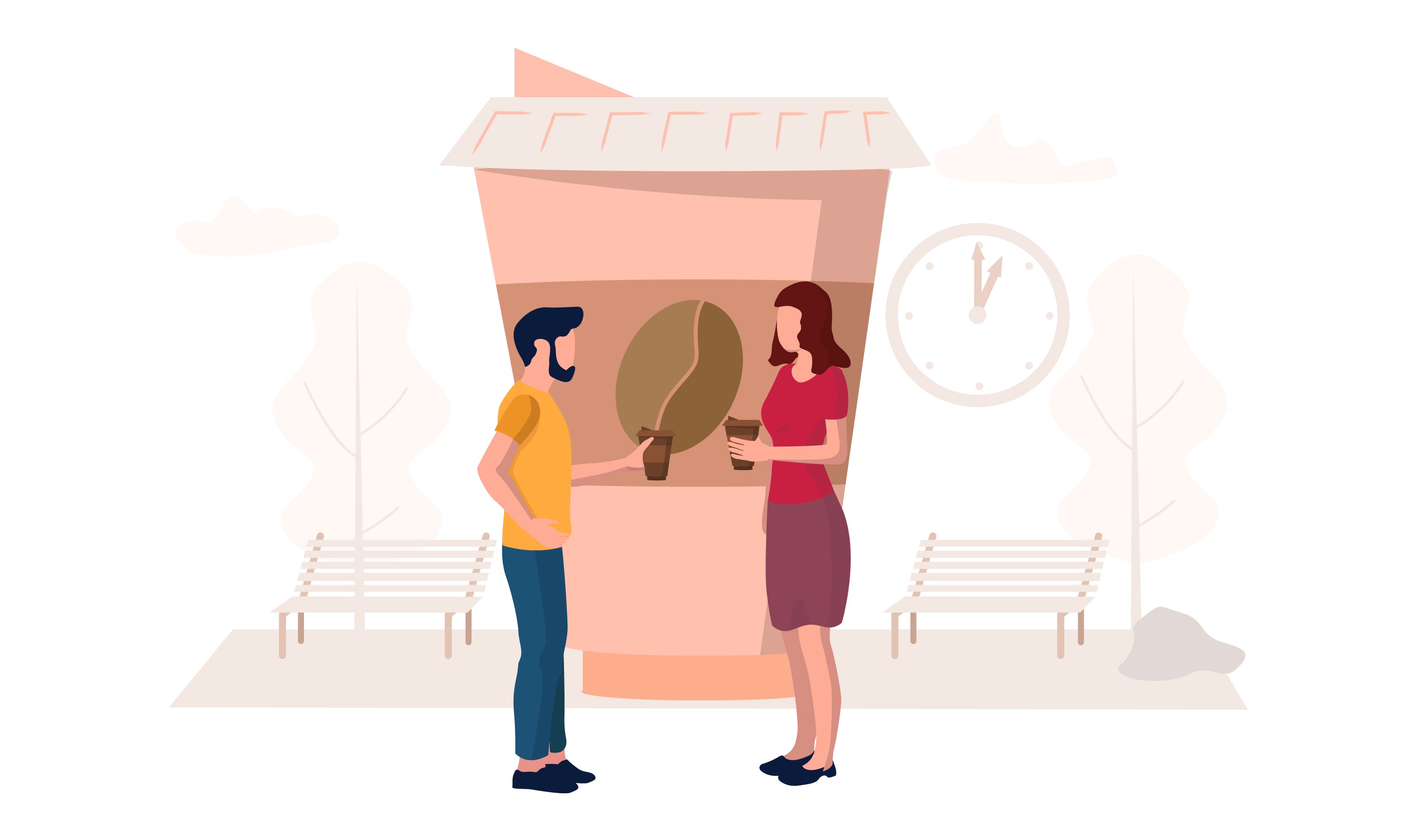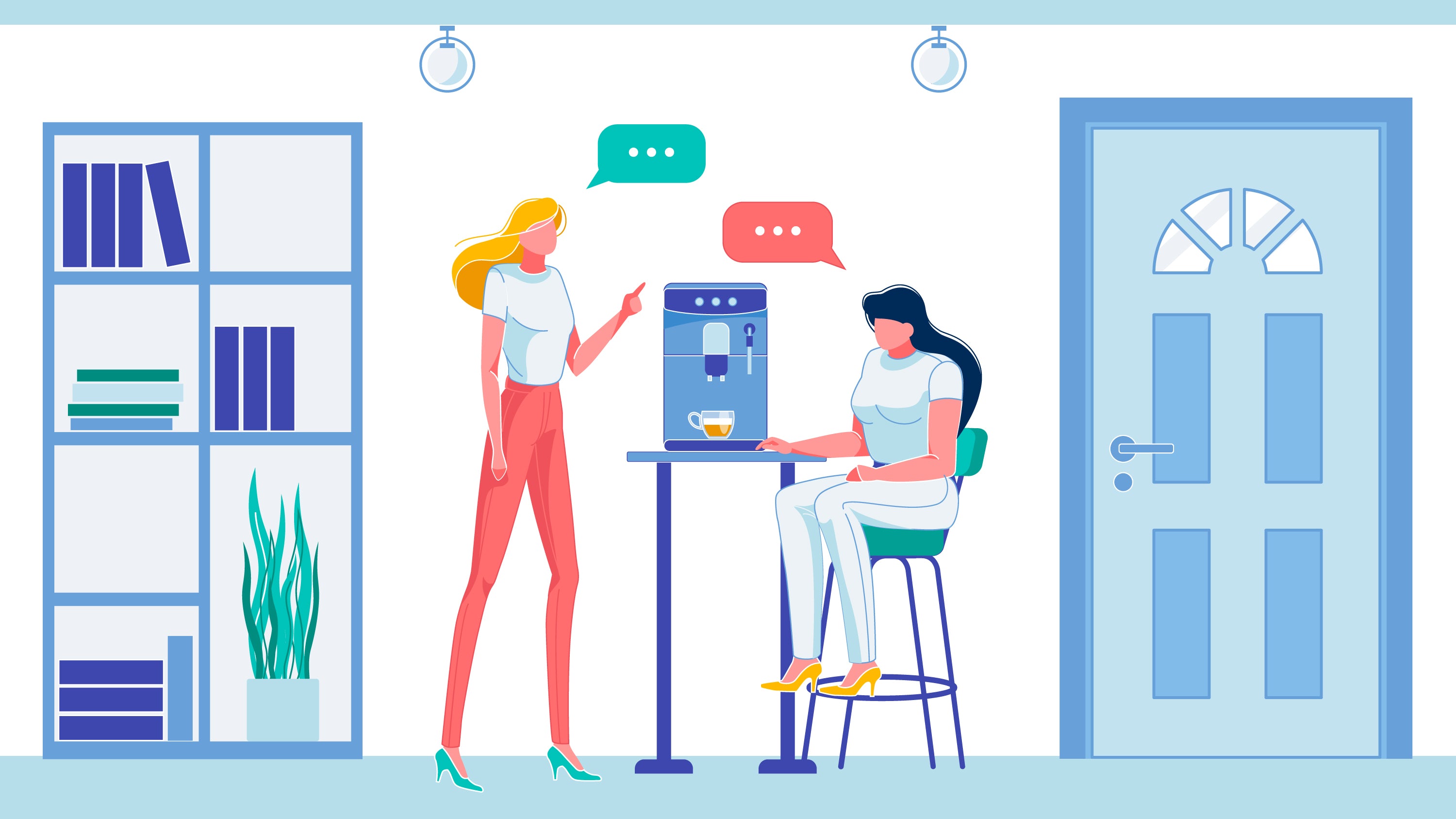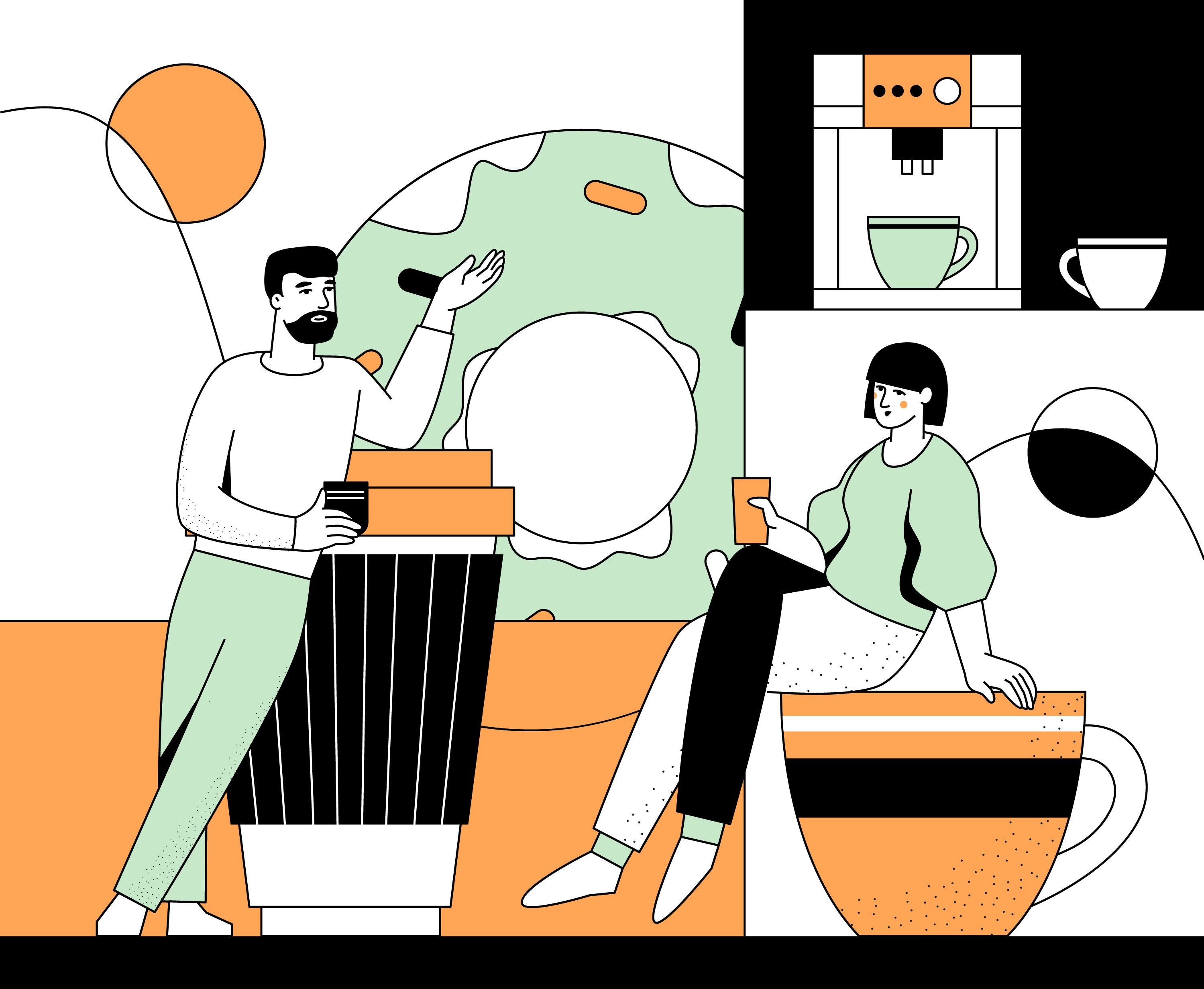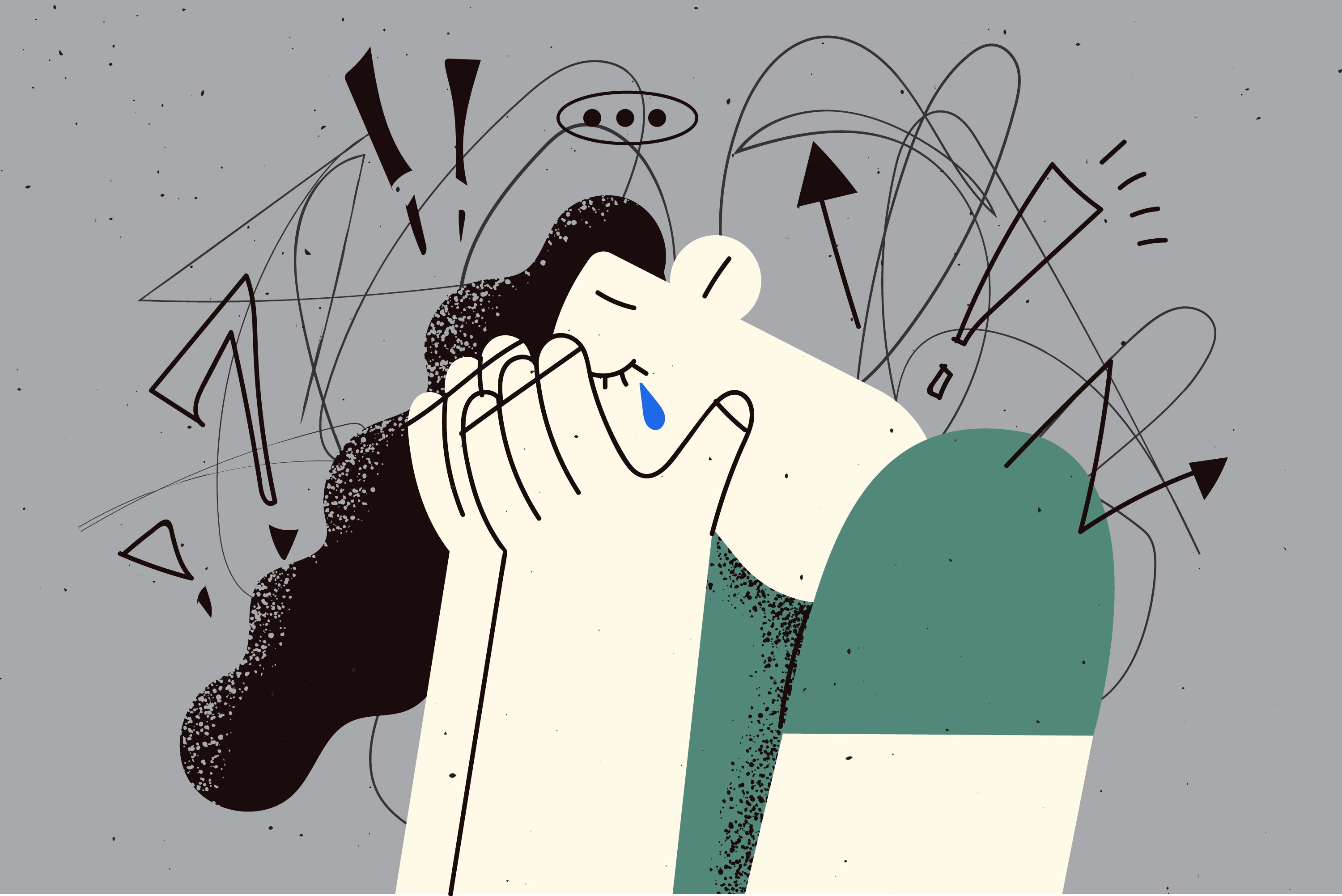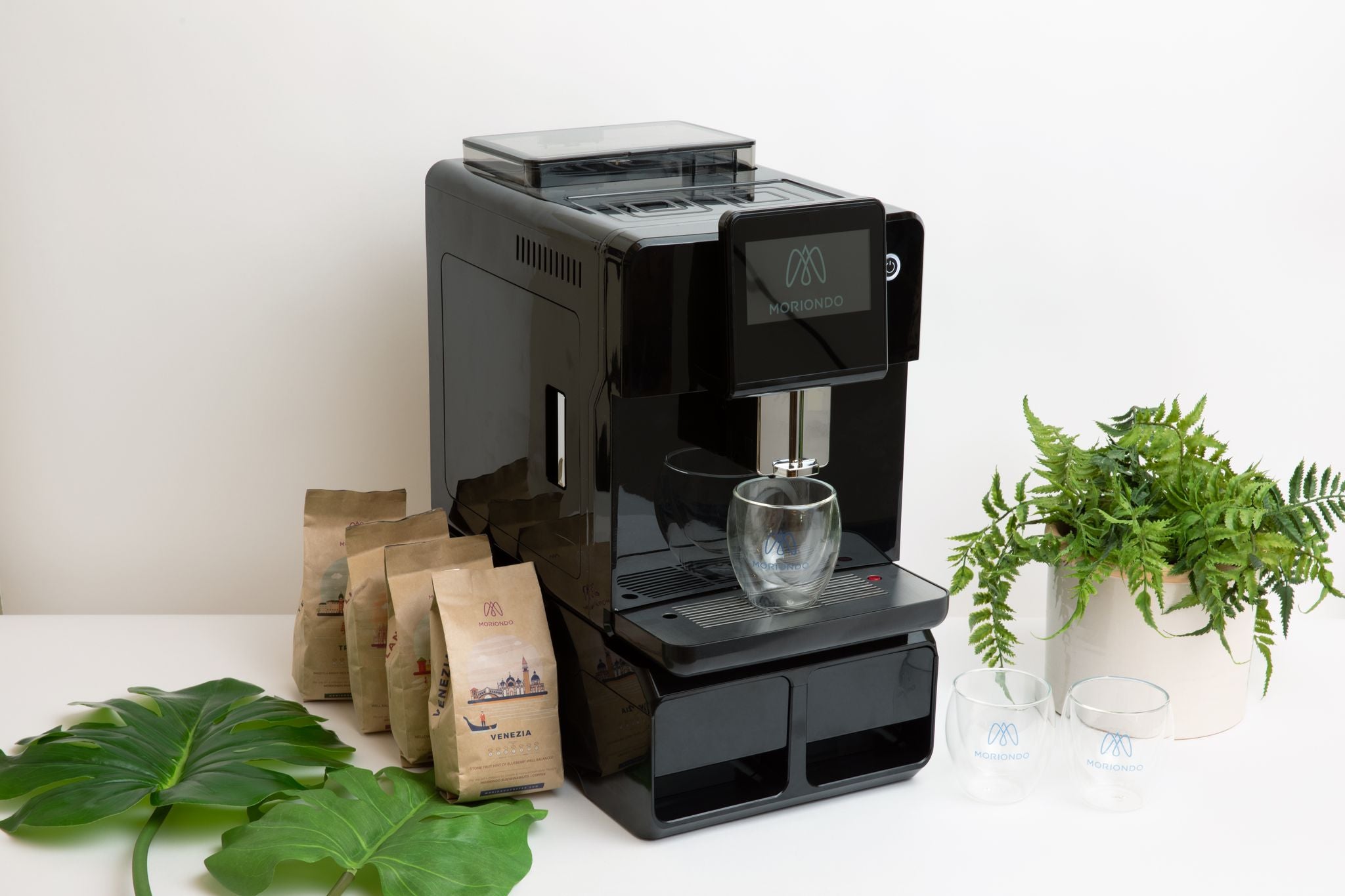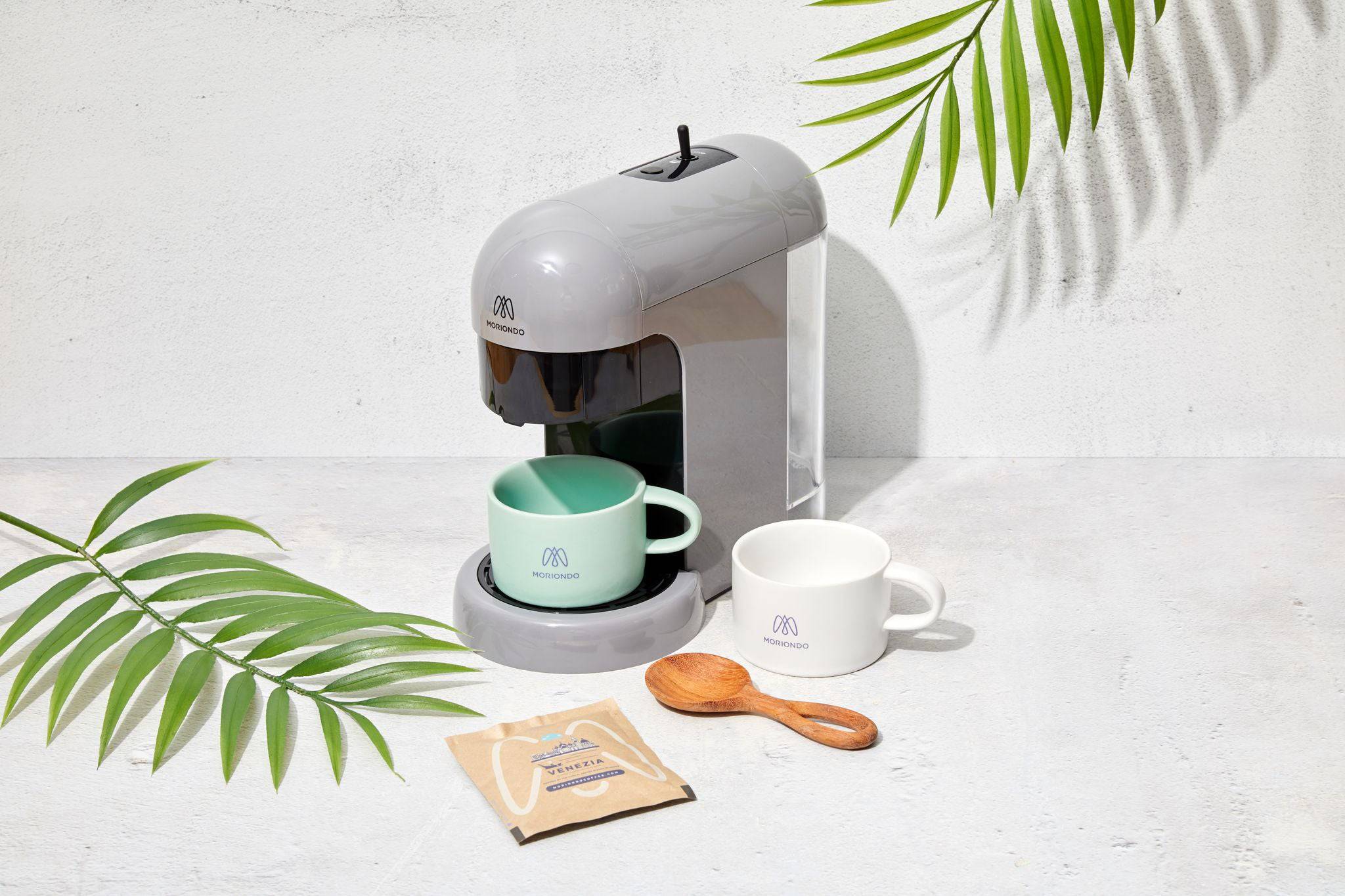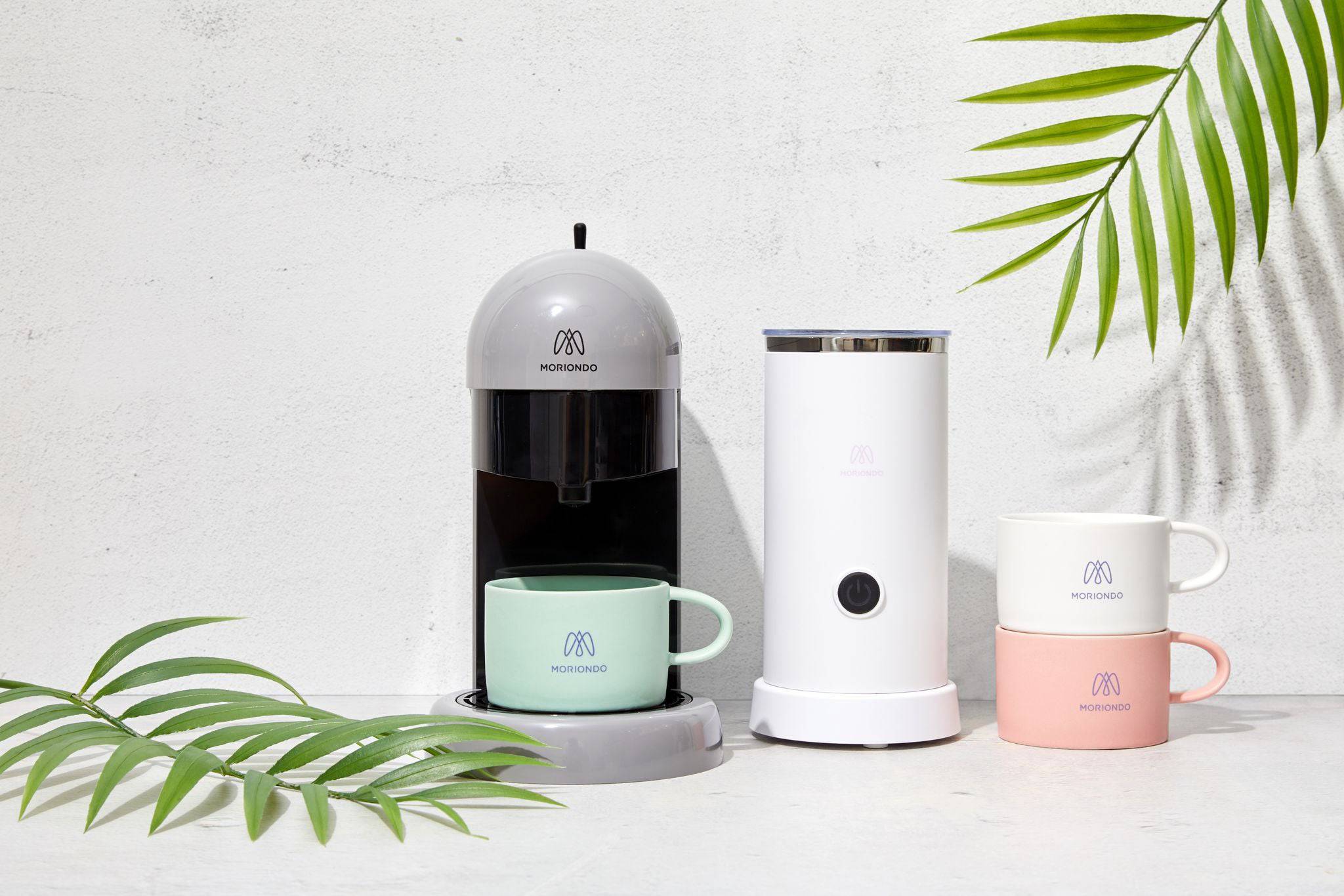Caffeine and Anxiety
Table of Contents
- Caffeine consumption and anxiety
- Caffeine induced anxiety
- Caffeine induced anxiety disorder and sleep
- Caffeine withdrawal and anxiety
- Is your caffeine consumption causing anxiety symptoms?
- Caffeine and stress hormones
- Caffeine and caffeine sensitivity
- Caffeine and its availability
- Caffeine and anxiety medications
- The lowdown on excessive caffeine consumption
Did you know, that as many as 1 in 4 people in their lifetimes will experience mental disorders in some form or another? What’s even more alarming is the fact that health experts predict that this number could increase and go as high as 1 in 2 people.
When it comes to mental disorders, anxiety is one of the most common, and if you’ve ever experienced anxiety symptoms in the past, you’ll know how awful they can be.
Suffering with anxiety symptoms can leave you feeling like the world is closing in around you. You’re constantly on edge and have a feeling of dread and despair, yet you don’t know why, and you can’t think straight. It’s truly an awful affliction to suffer with.
If you’re a coffee drinker, caffeine induced anxiety is a very real thing which is why you may wish to limit your caffeine consumption and be aware of the risks in terms of mental disorders and too much caffeine.
To help learn more about caffeine intake and caffeine induced anxiety disorder, here’s a look at the links between this stimulant and poor mental health.
Caffeine consumption and anxiety
Caffeine is a stimulant that provides many benefits for the human body. If consumed in large dosages however, or if a person is sensitive to caffeine, it can lead to all manner of health risks, including those relating to poor mental health.
Numerous anxiety disorders have been linked with excess caffeine intake or caffeine sensitivities.
Caffeine has a stimulating effect on the heart and the mind. It can cause your heart to beat faster and increase your blood pressure. It can also cause people to feel shakey and anxious, for no obvious reasons.
Caffeine induced anxiety

It’s easy to sit here and talk about how dangerous it can be to increase your caffeine intake if you suffer with poor mental health, panic attacks, or other similar conditions, but how does this stimulant contribute to anxiety?
Caffeine helps to enhance alertness by blocking a chemical in the brain known as adenosine. Too much caffeine is detrimental because the blocking of adenosine causes a person to feel tired, yet at the same time it triggers the release of adrenaline which boosts energy levels and alertness.
This chemical imbalance and overstimulation can lead to an anxiety disorder, or extreme anxiety symptoms.
Caffeine induced anxiety disorder and sleep
Another reason why you may wish to curb your caffeine intake if you suffer with panic disorder issues, or any other form of anxiety disorder is due to the fact that caffeine can disrupt your sleep.
Because caffeine is a stimulant, if you consume it too late at night, or have too many cups of coffee during the day, it can lead to insomnia, even in healthy adults.
Insomnia means that you struggle to sleep at night, which can leave you feeling tired and irritable the next day. A lack of sleep can also disrupt your hormones and lead to hormonal imbalances, which can lead to anxiety disorder issues and other more severe symptoms of anxiety.
Caffeine withdrawal and anxiety
One of the main issues that people have with excess caffeine consumption, or regular caffeine consumption, is the fact that caffeine is addictive.
The more caffeine we consume, the more the brain craves it.
A lot of anxiety disorders are triggered by withdrawal for caffeine. While caffeine withdrawal is not as severe as other forms of withdrawal that you’d find with addiction, those who consume caffeine every day are still more likely to suffer from it.
Caffeine withdrawal symptoms, even those associated with moderate caffeine intake, include issues such as:
- Headaches
- Dizziness
- Trouble sleeping
- Irritability
- Mood swings
- Anxiety
- Heart palpitations
- Low mood
- Shaking
- Lethargy and fatigue
Is your caffeine consumption causing anxiety symptoms?
For people affected by anxiety disorders, it could be that their caffeine intake is to blame for these issues. At the very least, too much caffeine could be contributing to their anxiety, which is why you need to know your limits.
As per the FDA (Food and Drug Administration) each day we should not exceed 400mg of caffeine. This is roughly 4 small cups of coffee, or 3 large ones. Anything above this could cause negative side effects, including a panic disorder, anxiety disorders, or other mental health issues.
Furthermore, in the Diagnostic and Statistical Manual of Mental Disorders, 5th ed, it was found that 1,200mg of caffeine could be toxic and could result in serious health issues such as seizures.
People with high blood pressure or cardiovascular issues should try to limit their caffeine consumption to no more than 200mg.
If you are concerned about how caffeine is affecting you mentally however, try to stay below 400mg per day, or if possible, switch to decaf coffee or cut caffeine out of your diet entirely.
Caffeine and stress hormones
Another reason to be wary of too much caffeine, even in healthy adults, is the fact that caffeine has been linked with an increase in stress hormones in the body.
Experts have found that caffeine can overstimulate the central nervous system and trigger a spike in the production of cortisol. Cortisol is a stress hormone that can trigger more symptoms of anxiety.
As you know some of the worst symptoms of anxiety can include headaches, trouble concentrating, palpitations, and even anxiety attacks.
Caffeine and caffeine sensitivity
As well as causing an increase in stress hormone productions, insomnia, and other symptoms associated with excessive caffeine consumption, this stimulant can also cause caffeine sensitivity.
As excessive caffeine causes caffeine sensitivity, it can make those who have consumed it feel shaky, jittery, and overly sensitive to all manner of stimuli.
To make matters worse, if you do suffer with caffeine sensitivity, it won’t take much to trigger some of the very worst symptoms of anxiety.
Caffeine and its availability
One of the main reasons why there are so many people suffering with issues such as a generalized anxiety disorder, is because caffeine is so readily available.
As caffeine is addictive, when we consume it we want more, and as time goes by, we crave it when we can’t have it. As well as being found in coffee, caffeine is also found in energy drinks and supplements.
The caffeine found in energy drinks and supplements is also usually much higher than a standard cup of coffee, so the more people consume, the greater their psychiatric disorders become.
Caffeine and anxiety medications
While caffeine doesn’t directly interfere with, or interact with, anxiety medications, if caffeine doses become too high there is always the risk that medications won’t be effective.
Taking in too much of this stimulant each day could counteract the effects of medications prescribed to people suffering with anxiety, meaning that the medication doesn’t do its job.
The lowdown on excessive caffeine consumption
Anxiety and various other mental health issues are sadly very common in modern life, and can affect people from all walks of life, at any age, at any time, and for any reason.
Caffeine has been linked with anxiety, though if you consume it in moderation, lead a healthy lifestyle, and are not currently suffering with a low mood, or a caffeine sensitivity, you should be perfectly fine.
If you do notice a pattern between you consuming caffeine and suffering with anxiety or similar health issues, try cutting the stimulant out for a while and see if that helps.
Good Tasting Coffee: How to Identify Coffee Flavors

In order to appreciate the different types of coffee available, it's important to cultivate an awareness of its unique characteristics. Let's take a look at the way coffee connoisseurs judge different cups of coffee.
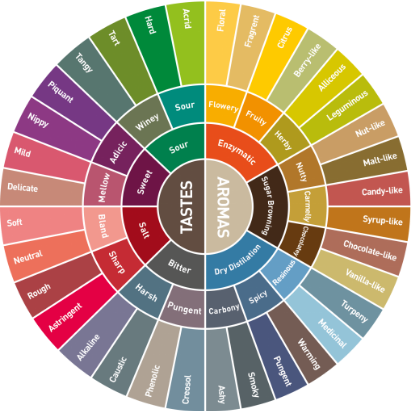
Aroma
The scent of a cup of coffee has a direct influence on how we perceive its flavor. As you drink coffee try to notice if the scent is smoky, fruity, earthy, spicy, nutty or grassy.
Acidity
One of the most defining characteristics of a cup of coffee is its acidity. This is the sharp, bright tangy quality of coffee that perks up our senses. Coffee doesn’t necessarily contain just one type of acid, either. It may contain citric acid, malic acid (fruity in flavor) or even quinic acid from stale coffee, which gives us stomach aches.
Body
This is the weight, thickness and texture of coffee in your mouth. The body of different types of coffee falls on a spectrum of light- to full-bodied viscosity (thin to thick).
Flavor
This is where comparisons come in handy and there is some overlap between aroma and flavor. Your coffee might taste bitter, sweet, savory or sour with common comparisons to chocolate, wine or fruit.
Related Posts
